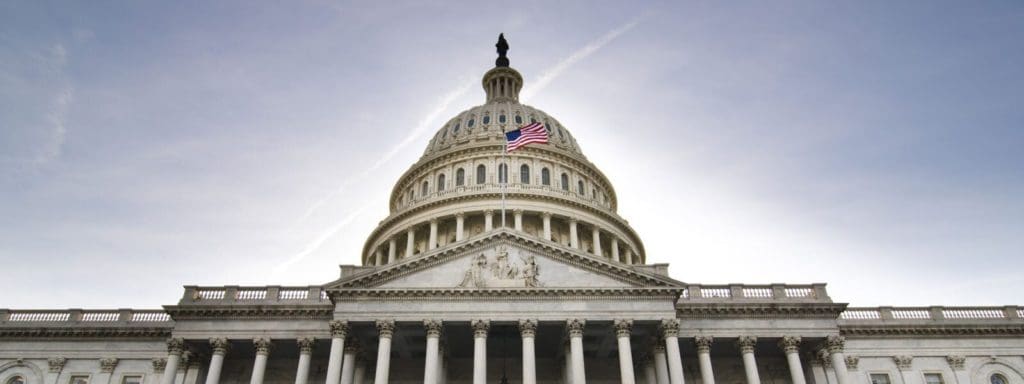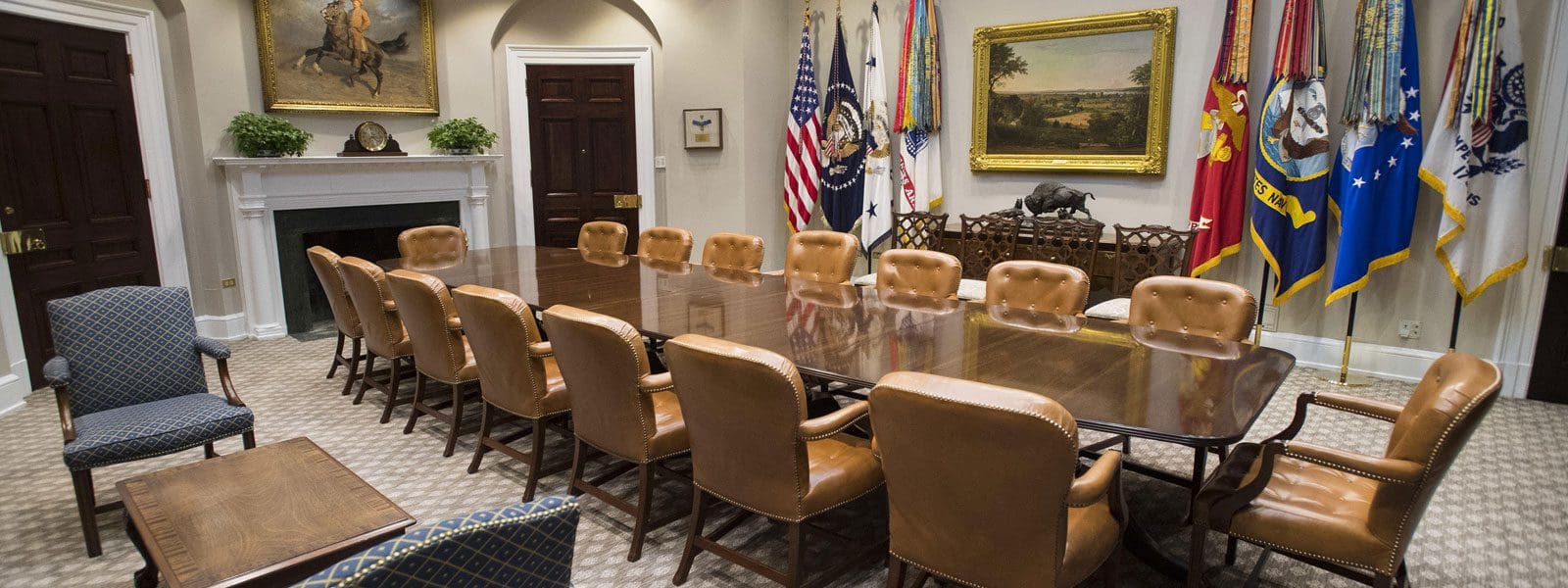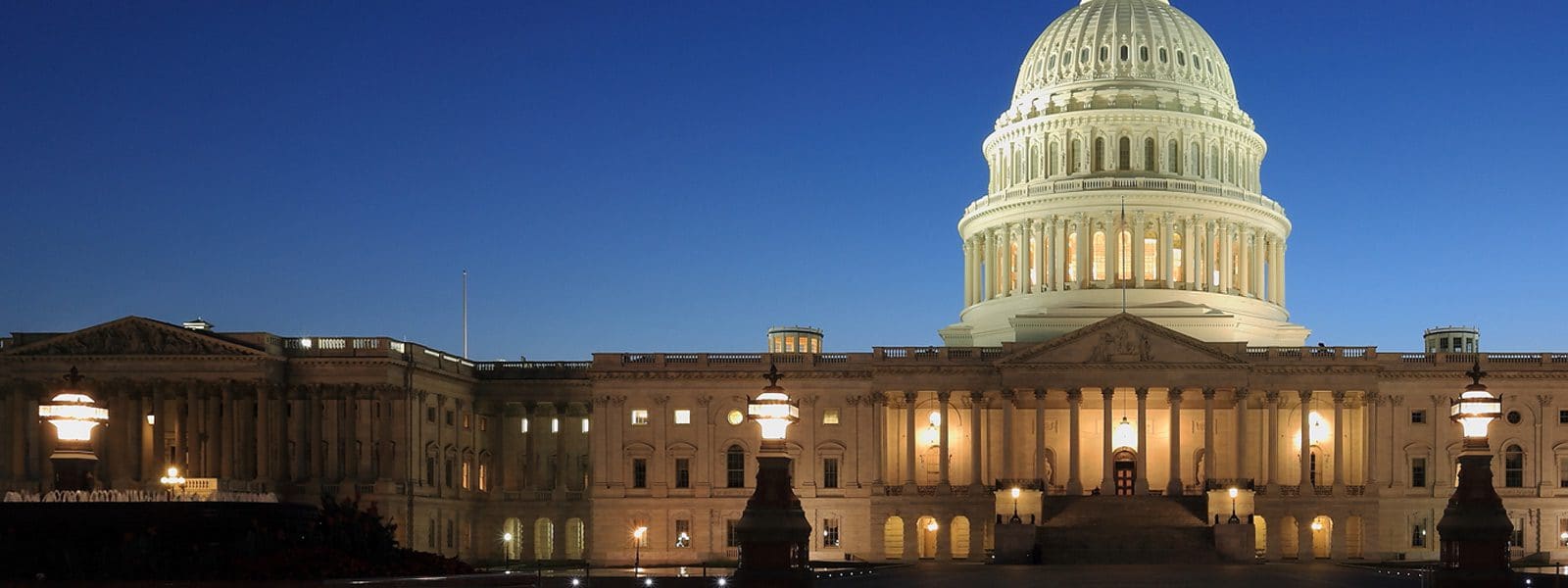Shortly after midnight, leaders on Capitol Hill released the text of year-end government funding legislation, the Consolidated Appropriations Act, 2023. Tipping the scales at over 4,000 pages, the bill is a product of intense negotiations and delicate compromises over the past few weeks. On the spending side, the legislation provides $858 billion in defense spending and $772 billion in nondefense spending, with an additional $85 billion in emergency spending directed toward Ukraine aid and disaster relief.
But – in terms of page count – that’s not the half of it. The package also carries a wide range of other policies that leaders have been unable to advance individually, either due to objection or time constraints. These include bipartisan retirement legislation, Electoral Count Act reform, public lands management, ocean protection, veterans care, and more.
The bill contains some important victories and stinging setbacks for the nonprofit sector, which some might think of as well-earned gifts and lumps of coal respectively during this holiday season. Here are some items of note:
Positives
- Bipartisan retirement legislation, the SECURE 2.0 Act, (p. 2046), includes a modified version of the Legacy IRA Act. This language allows seniors to make a one-year contribution from their retirement account to fund a charitable gift annuity or a charitable remainder trust, for a maximum of $50,000. Charities will receive additional support as seniors have additional incentive to invest in their community, while still maintaining an income during their lifetime. This victory is owed to many leaders, including Representatives Beyer (D-VA) and Kelly (R-PA), Senators Stabenow (D-MI) and Cramer (R-ND), and the Legacy IRA Coalition under the leadership of the American Heart Association.
- The Electoral Count Reform and Presidential Transition Improvement Act (p. 1934) takes important steps to strengthen the foundations of American democracy, on which all nonprofits rely to serve their communities. The legislation – which Independent Sector urged negotiators to include – would stipulate that the vice president’s role in counting electoral votes is purely ceremonial, raise the threshold for objecting to the proceedings, and ensure that a candidate in a contested election can still access presidential transition resources.
- Nonprofit workforce data gains momentum, with the explanatory statement for the portion of the bill covering the Department of Labor incorporating prior report language (p. 34) by reference. Despite the convoluted procedure, the impact is that language will now be in effect encouraging DOL’s statistical arm to “to examine the value in including nonprofit organizations as a distinct category of employer in quarterly reports from its Quarterly Census of Employment and Wages.” Nonprofit advocates have been asking for equal access to workforce data for years, and we are now closer than ever before.
- Completion of the Fiscal Year 2023 funding process means that thousands of congressionally-directed spending items (sometimes known as “earmarks”) will go into effect. With the House and Senate making for-profit organizations ineligible in recent years, this is a noteworthy development for nonprofits and one that is expected to continue in the FY 2024 process. With a change in the leadership in the House of Representatives next year, proposed funding levels and congressionally directed items were far from guaranteed if negotiations fell apart.
Negatives
Despite all the positive developments described above, this legislation leaves too many nonprofit sector priorities out in the winter cold. Negotiators were never able to bridge large disagreements about Child Tax Credit expansion and various corporate tax breaks. As a result, the space for tax provisions in this legislation was extremely limited. By failing to create that space, negotiators:
- Neglected to restore the limited nonitemizer charitable deduction and two other changes that facilitate charitable donations
- Left the Employee Retention Tax Credit expired for the 4th Quarter of 2021
- Continued to allow a huge gap between the charitable mileage rate and the business mileage rate, in the face of volunteer shortages, high fuel costs, and nonprofit sector requests
As of this writing, leaders in the Senate were eagerly seeking agreement for the chamber to consider the legislation. Any one Senator could delay action until Friday, when current funding is due to expire. After Senate action, the House of Representatives is expected to send the legislation to the President’s desk in short order.
Any piece of legislation this large is bound to have wins and losses for advocates of any type. Whether they balance out to a net positive or negative will likely depend on each organization’s area of focus. But regardless of your mission, legislators will return in a few weeks to begin the 118th Congress. There will be lots of new members to familiarize yourself with, as well as returning members with new committee assignments. And there will certainly be more critical
work for our organizations to do. Rest up!
Ben Kershaw is Director, Public Policy and Government Relations at Independent Sector. Learn about other Independent Sector members and becoming a member.



